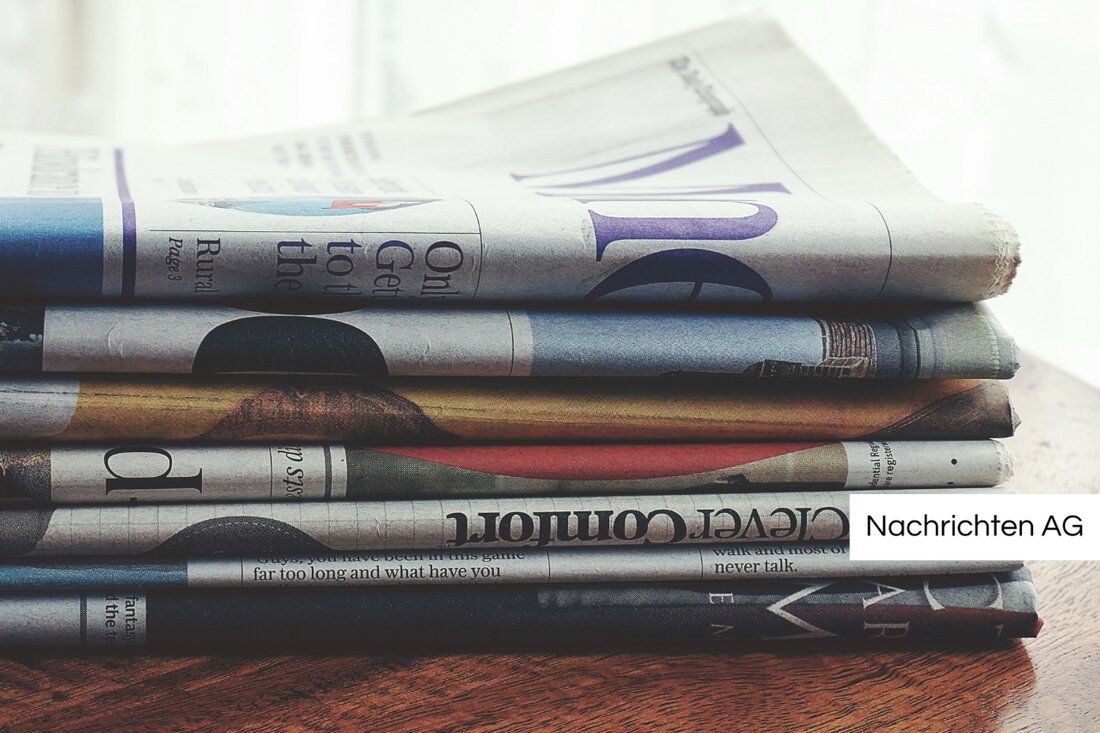Lower Saxony is investing 2.25 million euros in AI for museums!
Lower Saxony is funding the “AI in Museums” project for the digitization of collections from 2026 under the direction of the University of Göttingen with 2.25 million euros.

Lower Saxony is investing 2.25 million euros in AI for museums!
On October 2, 2025, the Lower Saxony Ministry of Science and Culture (MWK) announced a groundbreaking project for the digitization of museums. As part of the “AI in Museums” project, around 2.25 million euros are being made available to promote the development of museum holdings through the use of artificial intelligence (AI). The project start is planned for January 1, 2026 and the expected duration is two years. The Jade University Wilhelmshaven/Oldenburg/Elsfleth will take over the project management, supported by various partner institutions, including the Hanover Technical Information Library and the Leuphana University of Lüneburg.
The aim of the project is to improve the accessibility and analysis of collection objects. AI is intended to help researchers access the diverse museum holdings more efficiently and gain new insights. For this purpose, intelligent models are used that are based on large language models and are able to identify objects such as statues or sculptures based on metadata. Prof. Dr. Bela Gipp from the University of Göttingen and Jan Philip Wahle will lead the project, which focuses on the development of advanced AI processes that combine machine learning and language processing.
The role of artificial intelligence
This initiative reflects an increasing wave of digitization projects in museums. The German Museum Association observes that digital change offers numerous opportunities for museums and their sponsors. New technologies are emerging in museum practice that bring with them both opportunities and challenges. The topic of artificial intelligence in museum studies illustrates how AI can revolutionize not only collection maintenance, but also exhibition planning and communication with visitors.
It is also important to consider the ethical questions that arise when dealing with AI. Digital change is viewed as a cross-sectional task in museum operations that influences numerous areas - from administration to research to participation. The digital recording of objects must meet special requirements in order to be effective and legally secure. The challenges that come with digital transformation must be actively addressed by museums.
The development of AI technologies
The beginnings of generative AI, which forms the basis of many current applications, can be traced back to the release of ChatGPT in November 2022 by OpenAI. This tool, based on a large language model, has quickly established itself as a useful tool in various areas. For example, AI chatbots can automatically create texts for exhibitions or websites and help answer audience questions or manage social media.
The rapidly increasing quality and speed of these technologies also has potential in the museum sector. AI-supported applications are able to make museums’ interaction with their visitors more efficient. Nevertheless, the challenges must also be taken into account. The risk of misinformation or hallucinations as well as the unclear origin of the training data are aspects that require critical consideration.
Overall, the “AI in Museums” project shows how modern technologies can revolutionize access to cultural heritage, while at the same time highlighting the need for responsible and considered use of AI applications in this sensitive area of cultural education. The German Museum Association will continue to work on developing tools to support museums in order to promote positive digital transformation in the cultural sector.

 Suche
Suche
 Mein Konto
Mein Konto